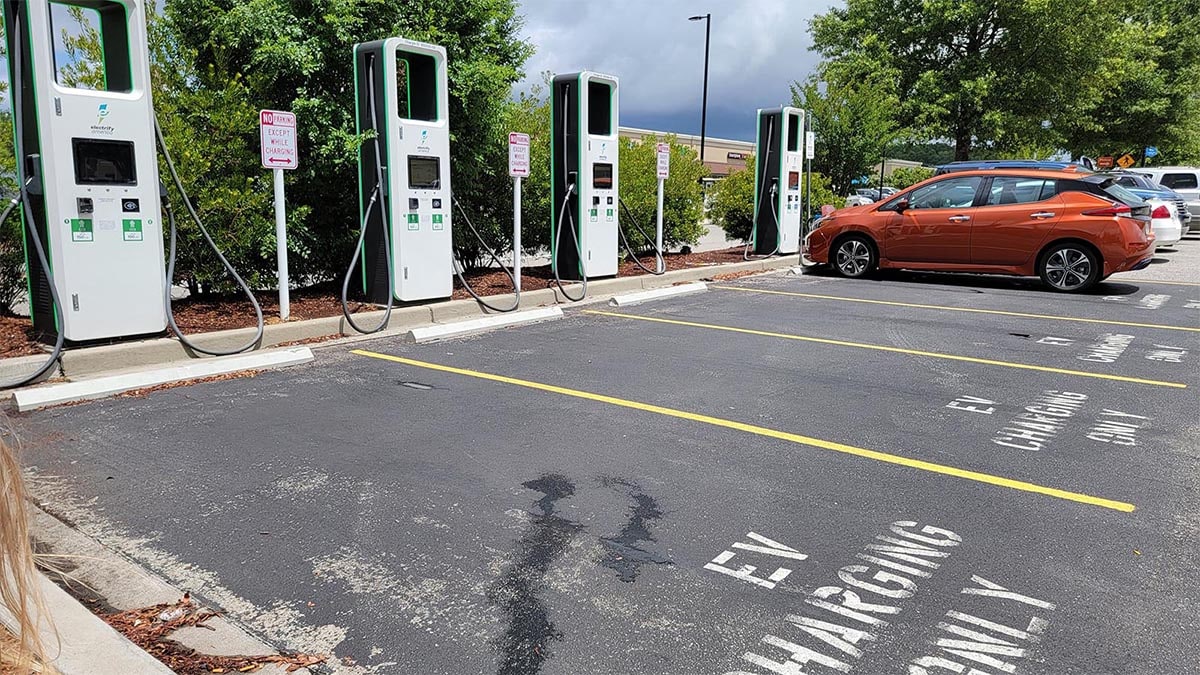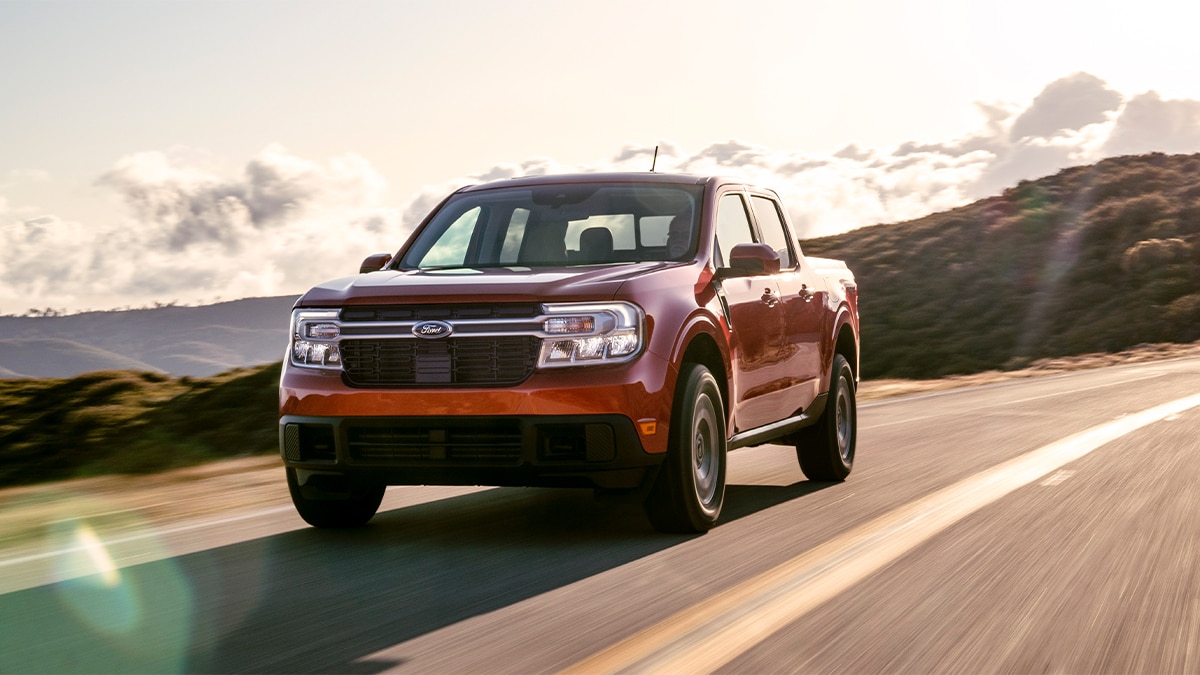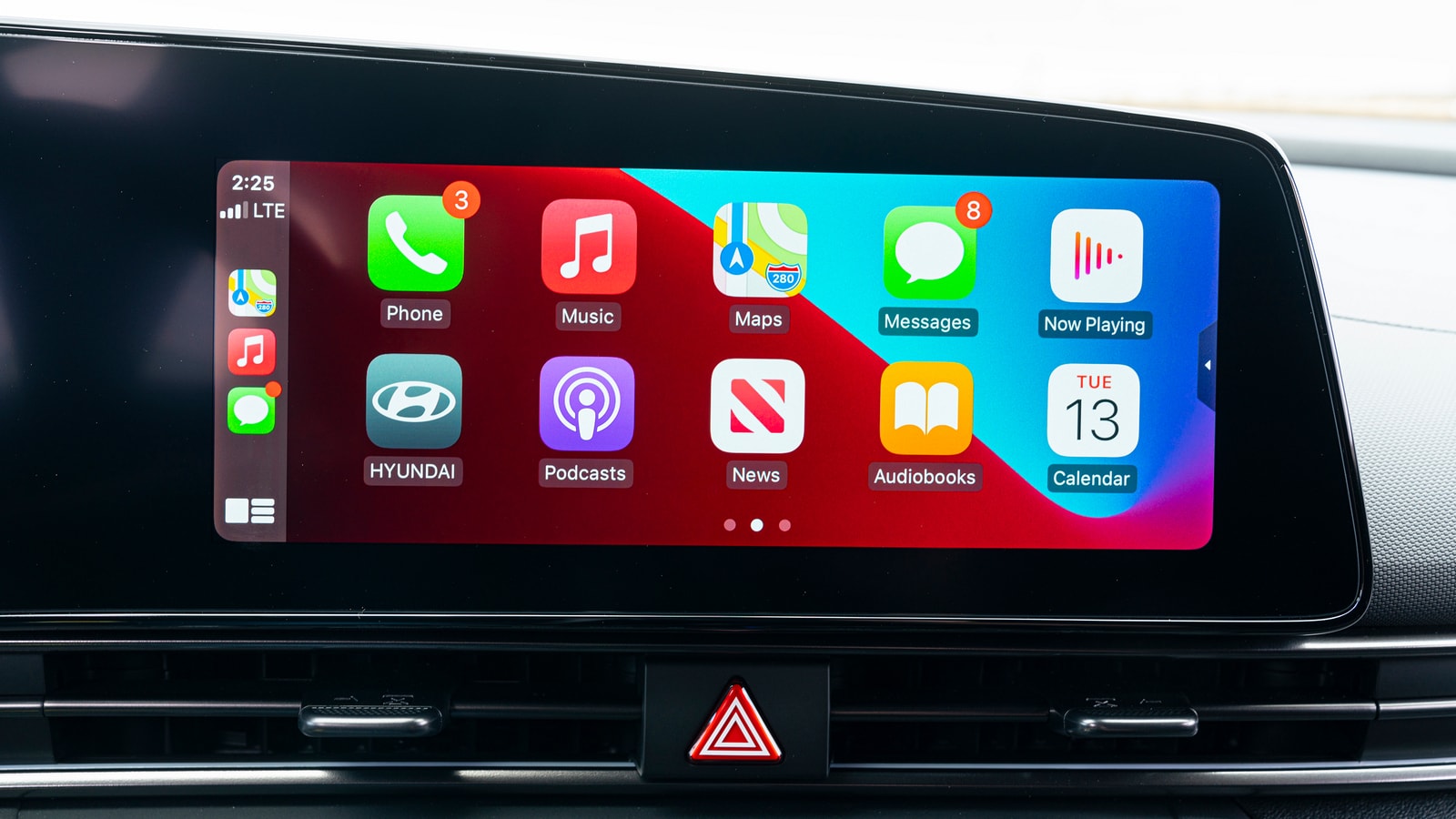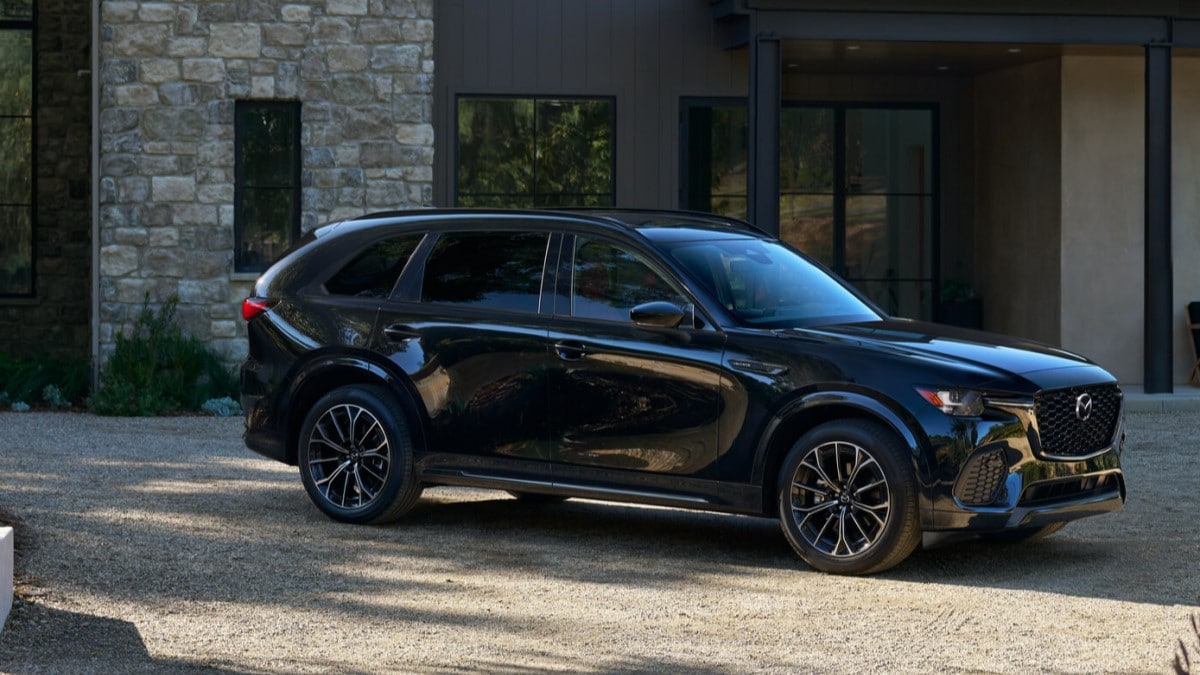Electric vehicle (EV) skeptics are numerous today. A lot fewer people will be skeptical by the end of the decade.
Kelley Blue Book parent company Cox Automotive draws this conclusion in a new study, the 2024 Path to EV Adoption. The study finds that most EV skeptics will consider buying a battery-powered vehicle within three to five years, and 80% will consider an EV within a decade.
Despite the fervent controversy around EVs, that timing more or less lines up with the plans of automakers and governments. Car company product plans, federal emissions rules, and state regulations converge on a date in the early 2030s when most new car sales will likely be electric.
More Skeptics Today Than a Year Ago
Last year, Americans bought about 1.2 million EVs, representing 7.6% of all new cars sold. Cox Automotive projects EVs will top 10% of all new car sales this year.
However, sales growth slowed in the first quarter of 2021. Americans still bought more EVs that quarter than the quarter before. But the buyers’ rate of switching from gas to electric is now slow and steady.
The researchers surveyed 2,557 American car shoppers, chosen as a representative sample of the U.S. population. The survey asked shoppers about their perceptions, preferences, and attitudes toward EVs.
“Currently, the study shows, 45% of consumers in the market for a vehicle within the next 12 months say they are considering an EV,” the researchers write. Last year, 51% said the same.
Consumers follow a predictable curve as they adopt new technologies. An initial surge commonly shows up as early adopters excitedly jump in. Then, sales growth slows as more skeptical consumers evaluate the technology and must be convinced.
But Skepticism Has an End Date
Many skeptics will likely become buyers someday.
“As the technology improves, the U.S. charging network expands, and prices moderate further, 54% of current skeptics will become EV considers within three to five years,” the researchers write. “Within the next ten years, 80% of today’s skeptics will be ready to consider an EV as more barriers fall.”
Those barriers are familiar to anyone who has researched EVs. Many shoppers say prices need to come down, the range needs to improve, and they need to see a more robust charging network before they’ll be interested.
The researchers say that current shoppers “often note ‘price’ as the top barrier holding them back from purchase. On the other hand, skeptics consider the ‘lack of charging stations’ to be the top barrier.”
Everything Is Converging in the Early 2030s
If the survey’s prediction holds, most EV skeptics will be willing to consider an EV by the end of the decade. Eighty percent will be open to an EV by 2034.
That fits the timeline of the auto industry and many government entities.
Not every automaker has set a public goal for the day they’ll sell a mostly EV lineup. The set dates cluster around 2030 (Mercedes-Benz, Volvo, Genesis, and others) or 2035 (General Motors).
Some with 2030 goals have relaxed their plans recently (Cadillac) but haven’t canceled any planned EVs. They’ve just announced plans to continue building other cars past 2030.
Many government goals, meanwhile, also target the early 2030s. New federal tailpipe emissions rules passed in March would require most automakers to build a more-than-half-EV lineup by 2032.
And seven states have passed laws banning the sale of new gas-powered cars after 2035.
For all the heated controversy around EVs, there is a lot of consensus. Most Americans agree an EV isn’t right for them today. However, most will be open to the idea around the same time the industry plans to produce mostly EVs, and government regulations require them to do so.
The day when most new car sales are electric is not the same as the date when most cars are electric.
Americans have about 288.5 million registered cars. We buy between 13 and 17 million new vehicles yearly, and not every new car replaces an old one. After most new car sales go electric, gas-powered cars will remain a common site for many years.





